
VIRGIN AUSTRALIA: Pilots reject union endorsed pay deal that reduces days off
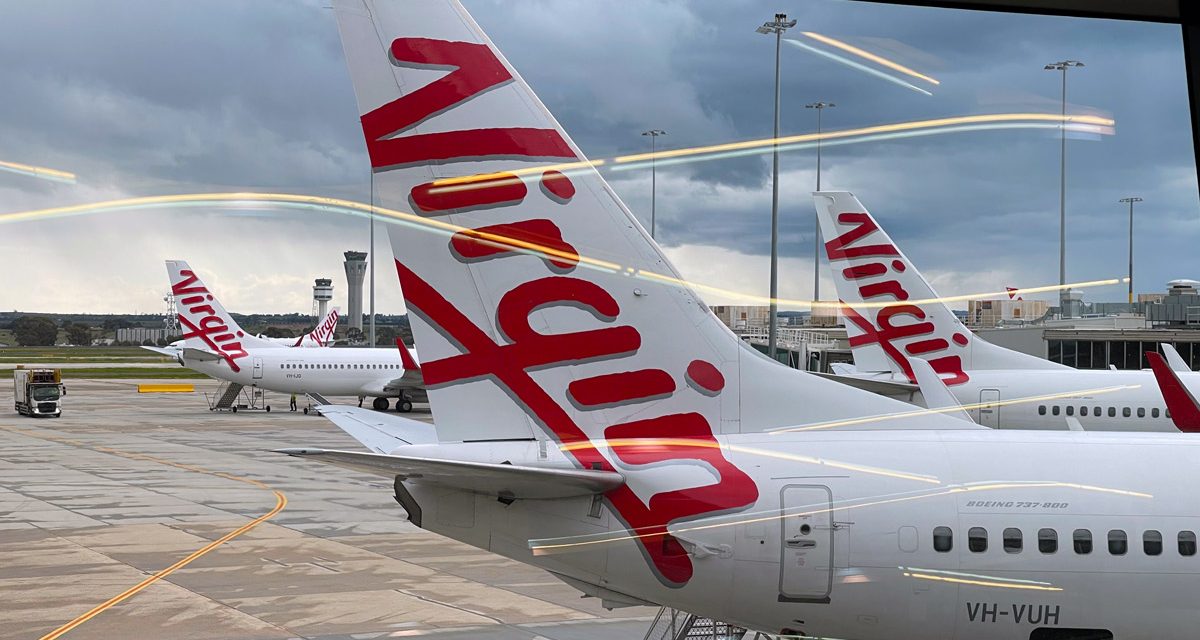
In a surprise result, Virgin Australia pilots rejected the terms of a new Enterprise Agreement. The new agreement would have determined future pilots’ pay and conditions.
Pilots voted 61% against the proposed agreement which had in principle agreement by the Australian Federation of Air Pilots (AFAP). The agreement had been rejected by the Transport Workers Union (TWU), which represents about 25% of Virgin Australia pilots.
An impressive 98% of pilots participated in the vote that rejected the agreement.
The proposed agreement offered a substantial pay increase in the first year, followed by successive per-annum increases of 3% after that.
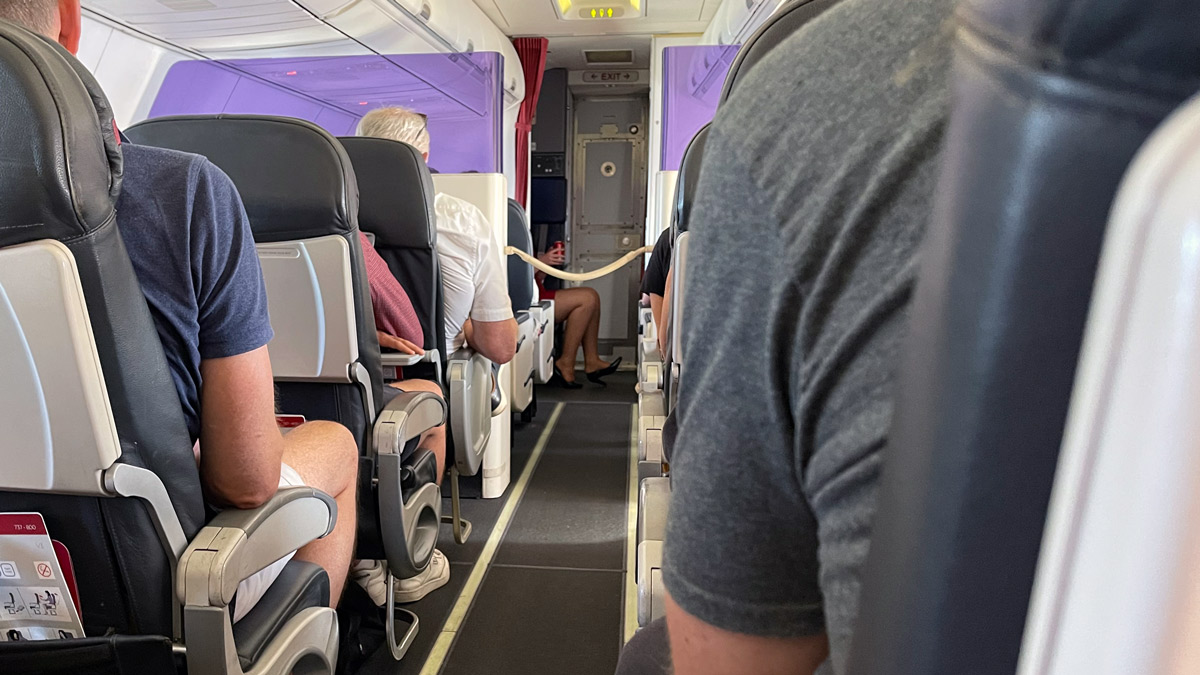
The pay deal issue is fatigue
The agreement would also reduce pilot benefits by reducing the number of days off each month. Under the old agreement, which ran out in June, pilots received 12 days off in each 28-day period. For the purposes of the agreement, there are 13 periods of 28 days. The new agreement proposed that six of those periods would only have 11 days off instead of 12.
The vote demonstrates the seriousness with which pilots treat fatigue issues, especially when Virgin Australia is accused of routinely scheduling pilots with only their agreed-upon minimum of 12 hours between shifts. Pilots argued that consistently doing this threatened airline safety.
In negotiations, Virgin Australia agreed that the scheduling software would be upgraded, but this commitment was dropped in the latest proposal.
“This vote sends a strong message to Virgin and owners Bain Capital to listen to pilots’ concerns and return to negotiations ready to work together on the constructive solutions already put forward by the TWU Pilots committee. With a few key adjustments, Virgin pilots can very soon have an agreement worth voting for.”
The TWU surveyed its pilot members back in May. Almost half said they were likely to quit if the proposed cut to rostered leave days was agreed to.
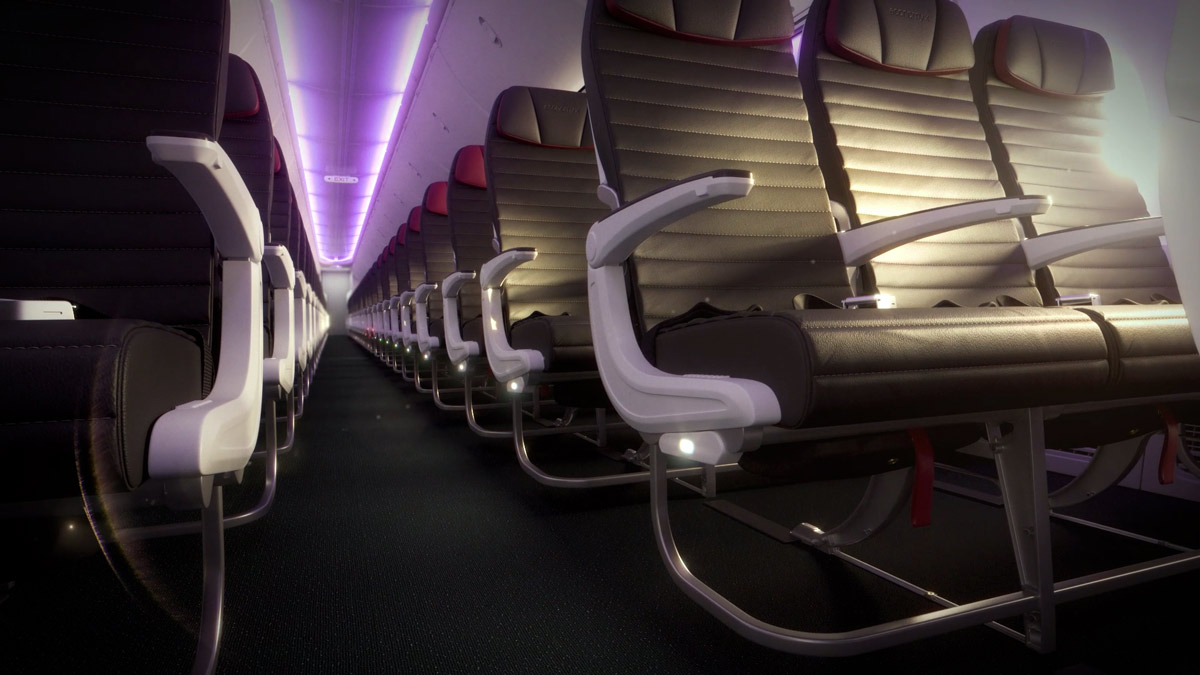
2PAXfly Takeout
It’s almost impossible to make an objective judgement about these sorts of negotiations from outside the tent.
What are tactics and what are legitimate concerns, on both sides is difficult to determine without a lot more information.
Having unhappy staff anywhere at an airline, particularly those driving the plane is not good for a successful airline.
With a worldwide shortage of pilots, I think their representative unions have the upper hand. What is a surprise is – on the surface of the vote – how badly the AFAP got the wishes of their members wrong.



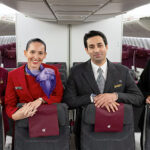
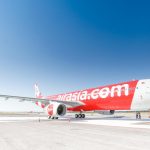
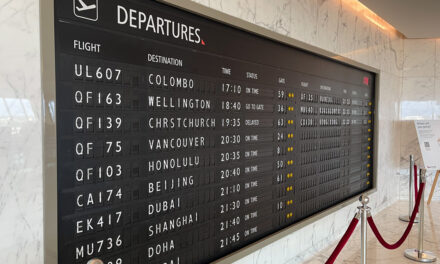


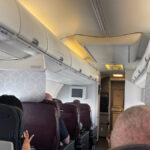



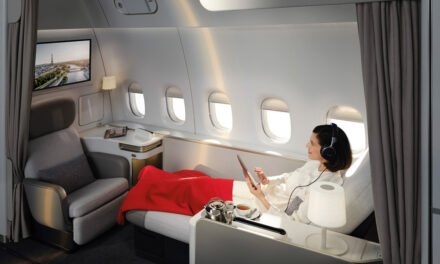
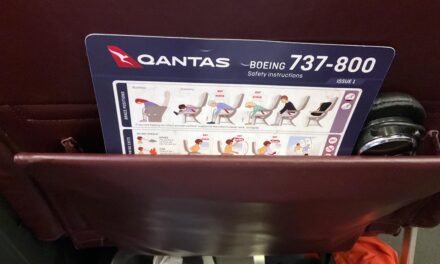
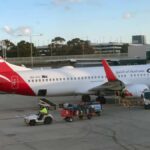

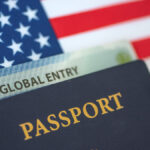
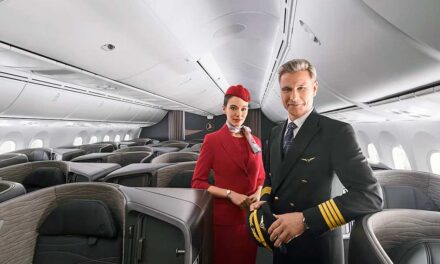
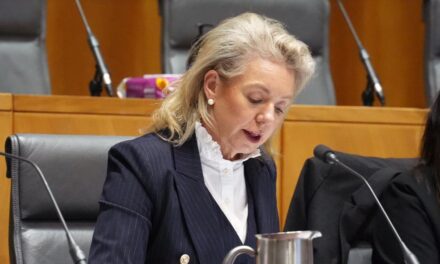

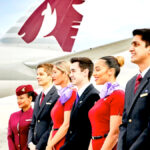


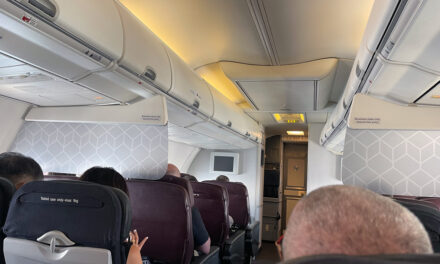



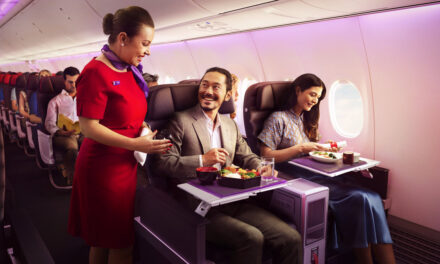
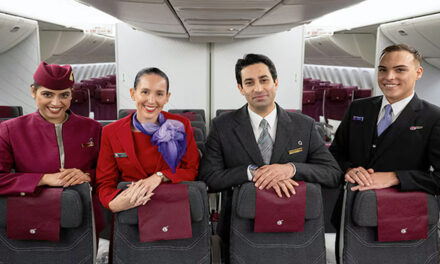





What did you say?